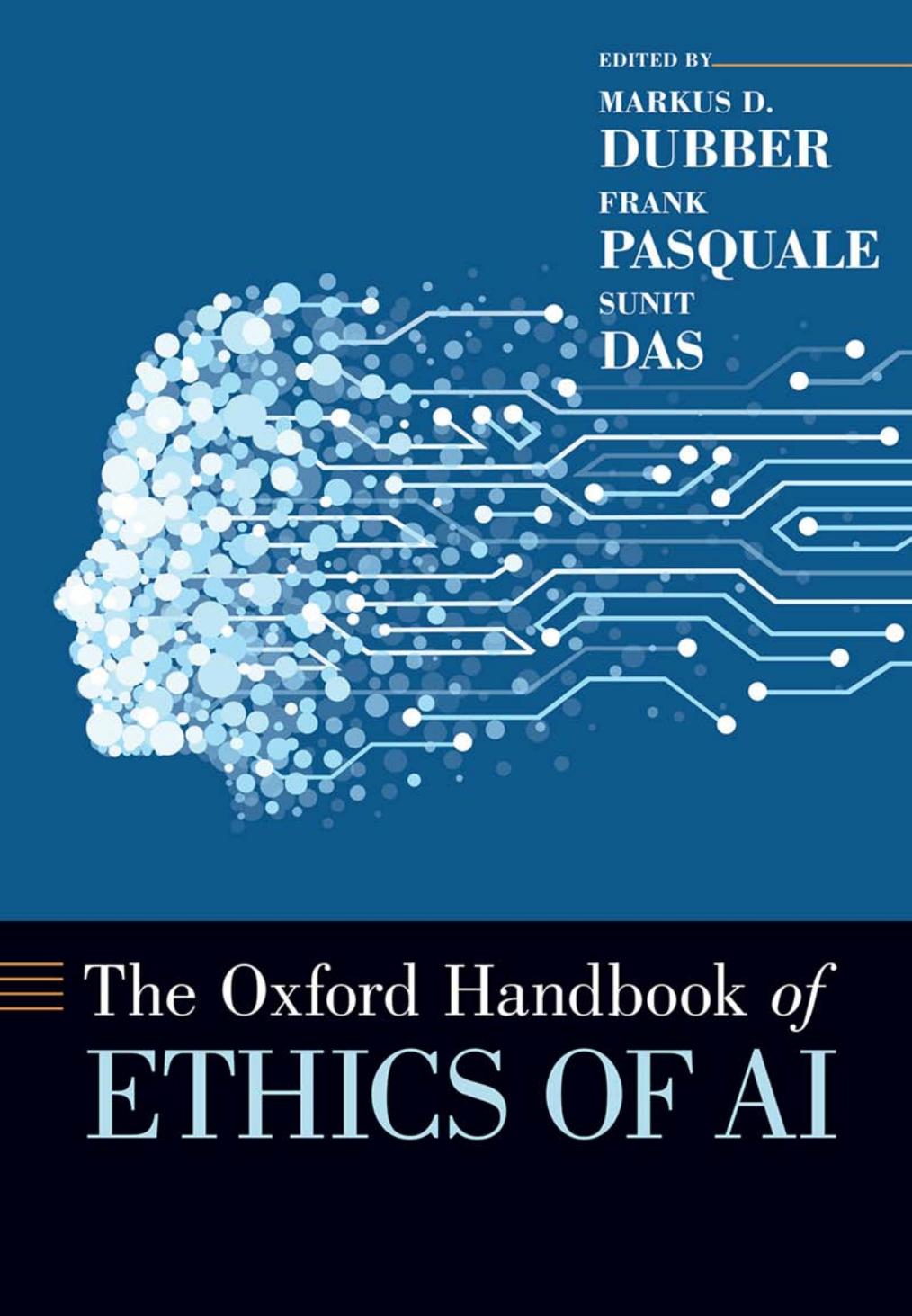

Most ebook files are in PDF format, so you can easily read them using various software such as Foxit Reader or directly on the Google Chrome browser.
Some ebook files are released by publishers in other formats such as .awz, .mobi, .epub, .fb2, etc. You may need to install specific software to read these formats on mobile/PC, such as Calibre.
Please read the tutorial at this link: https://ebookbell.com/faq
We offer FREE conversion to the popular formats you request; however, this may take some time. Therefore, right after payment, please email us, and we will try to provide the service as quickly as possible.
For some exceptional file formats or broken links (if any), please refrain from opening any disputes. Instead, email us first, and we will try to assist within a maximum of 6 hours.
EbookBell Team

5.0
60 reviewsThis volume tackles a quickly-evolving field of inquiry, mapping the existing discourse as part of a general attempt to place current developments in historical context; at the same time, breaking new ground in taking on novel subjects and pursuing fresh approaches.
The term "A.I." is used to refer to a broad range of phenomena, from machine learning and data mining to artificial general intelligence.
The recent advent of more sophisticated AI systems, which function with partial or full autonomy and are capable of tasks which require learning and 'intelligence', presents difficult ethical questions, and has drawn concerns from many quarters about individual and societal welfare, democratic decision-making, moral agency, and the prevention of harm.
This work ranges from explorations of normative constraints on specific applications of machine learning algorithms today-in everyday medical practice, for instance-to reflections on the (potential) status of AI as a form of consciousness with attendant rights and duties and, more generally still, on the conceptual terms and frameworks necessarily to understand tasks requiring intelligence, whether "human" or "A.I." **